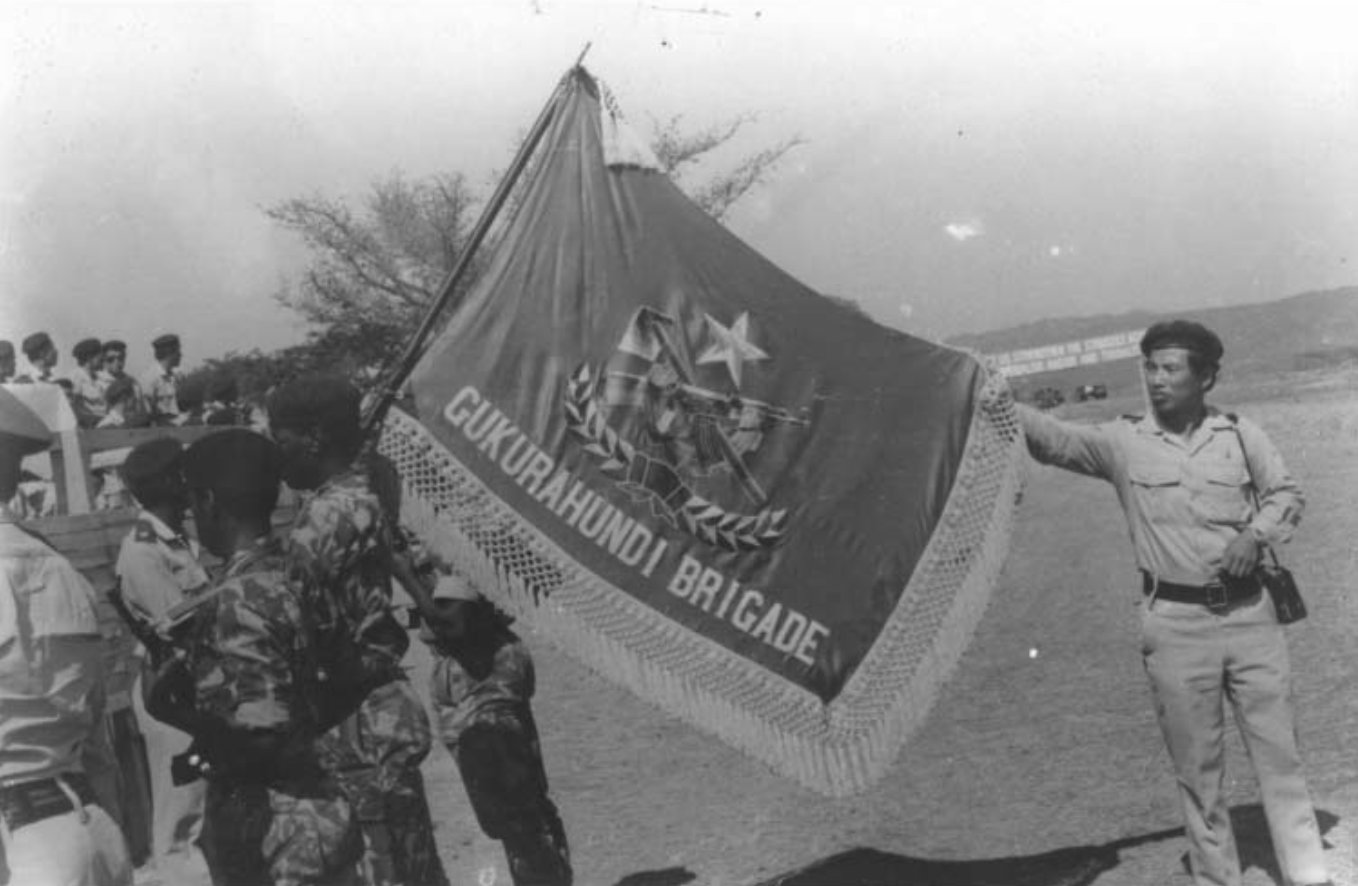Ibhetshu likaZulu has reiterated its demand for an inclusive and transparent process to address Gukurahundi, by including the Midlands province as well as people living in urban areas and the diaspora.
The government has indicated that Gukurahundi community outreach programmes will only be held in the Matabeleland provinces, but Ibhetshu LikaZulu believes that solving Gukurahundi will be incomplete unless Midlands province and some victims who are now living in urban areas and the diaspora are included in those consultative meetings.
This call came as the pressure group commemorated the day the Gukurahundi genocide began, on January 20, 1982, in Bubi, Matabeleland North, and resulted in the murder of over 20,000 people.
“First we mark the day of the deployment of Gukurahundi to make a statement of its negative impact on people’s lives. Secondly, as affected people of the region and as Ibhetshu we call for a lasting and genuine resolution to Gukurahundi with victims placed at the centre of the process. We continue to call for an inclusive and transparent process that must include Midlands and those now in urban areas and the diaspora,” said Mbuso Fuzwayo, the Secretary General of Ibhetshu LikaZulu on Saturday during the commemoration held in Bulawayo.
“Such a process must proceed with truth-telling which is necessary for genuine healing, reconciliation and justice so that it never happens again.”
To bring finality to the genocide, President Emmerson Mnangagwa tasked traditional chiefs with leading the resolution process and engaging communities, but activists claim the chiefs are not in charge as they would like people to believe.
Fuzwayo acknowledged that the Zimbabwean government has a critical role in addressing “this national problem” and this was why people needed truth-telling so victims could find closure.
“It is the government that deployed the Fifth Brigade and is the same government that controls the judiciary, Parliament and other state organs needed to address this genocide. The role of the government should be for the common good for all and promoting safety and interests of victims and not pushing partisan agenda or protecting perpetrators,” he said.
Fuzwayo said Ibhetshu LikaZulu will continue to condemn censorship on publicly talking about Gukurahundi, including the harassment of those holding memorial prayers or the criminal destruction of plaques to memorialise the dead victims.
“Today 41 years on, as we commemorate and remember victims of the genocide, we reflect on struggles we have endured in keeping Gukrahundi under the spotlight,” Fuzwayo said, adding the organisation has suffered under the Zanu PF government as it tried to keep the spotlight on the genocide.
“The erection of memorial plaques has been thwarted by the perpetrator.”
In an interview with CITE, Chief Mathema of Gwanda in Matabeleland South agreed that a Gukurahundi solution required a collective approach by all affected parties and that the Midlands should be one of the provinces that hold community consultative meetings for victims.
“Again the exclusion of Midland province indicates that chiefs are not in charge of the process, as we all know that Midlands as a province was seriously affected by the Gukurahundi. It then tells me that the process has nothing to do with the chiefs as we raised long ago that Midlands must be included,” said Chief Mathema.

